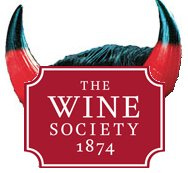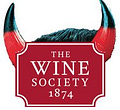Wine Society whitewash - evil plot or careless journalism?

It's no surprise that wine writers and journalists almost unanimously sing the Wine Society's praises. After all, here is a retailer which does not have profit as its primary motive, is entirely owned by its members and exists purely "to make available to members the highest possible quality of wines and services at the best possible prices." But just h…
Keep reading with a 7-day free trial
Subscribe to The Morning Claret to keep reading this post and get 7 days of free access to the full post archives.



